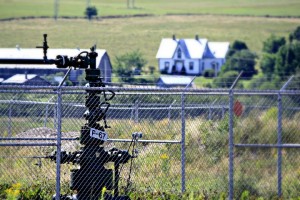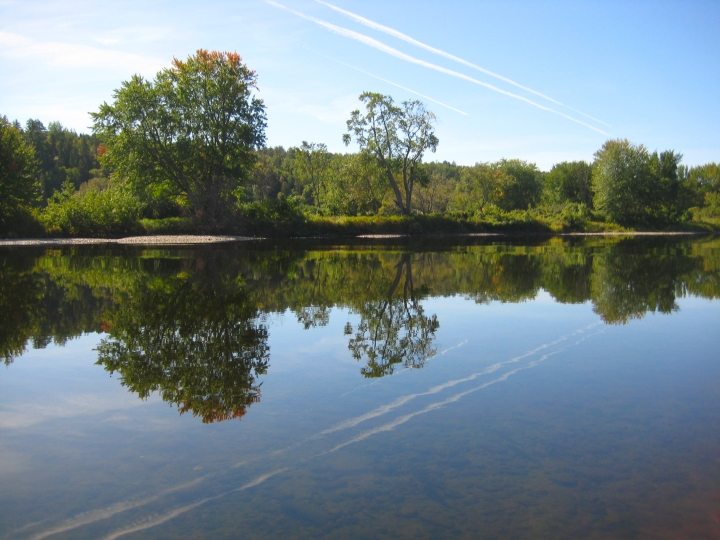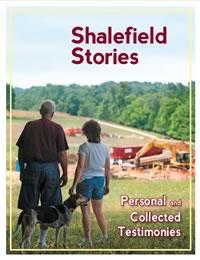Canadians face a Pandora’s box of potential environmental and health risks as the oil industry charges forward with hydraulic fracturing techniques that are needed to unlock vast natural gas and oil deposits across the country, says a new report by the Council of Canadian Academies, for the federal government.
From the Council of Canadian Academies report:
Human Health and Social Impacts
 The health and social impacts of shale gas development have not been well studied. While shale gas development will provide varied economic benefits, it may also adversely affect water and air quality and community well-being as a result of the rapid growth of an extraction industry in rural and semi-rural areas. Potential community impacts include health and safety issues related to truck traffic and the sudden influx of a large transient workforce.
The health and social impacts of shale gas development have not been well studied. While shale gas development will provide varied economic benefits, it may also adversely affect water and air quality and community well-being as a result of the rapid growth of an extraction industry in rural and semi-rural areas. Potential community impacts include health and safety issues related to truck traffic and the sudden influx of a large transient workforce.
Psychosocial impacts on individuals and on the communities have been reported related to physical stressors, such as noise, and perceived lack of trustworthiness of the industry and government. If shale gas development expands, risks to quality of life and well-being in some communities may become significant due to the combination of diverse factors related to land use, water quality, air quality, and loss of rural serenity, among others. These factors are particularly relevant to the ability of Aboriginal peoples to maintain their traditional way of life; several First Nations have expressed concerns about the possible impacts of shale gas development on their quality of life and their rights.


 The health and social impacts of shale gas development have not been well studied. While shale gas development will provide varied economic benefits, it may also adversely affect water and air quality and community well-being as a result of the rapid growth of an extraction industry in rural and semi-rural areas. Potential community impacts include health and safety issues related to truck traffic and the sudden influx of a large transient workforce.
The health and social impacts of shale gas development have not been well studied. While shale gas development will provide varied economic benefits, it may also adversely affect water and air quality and community well-being as a result of the rapid growth of an extraction industry in rural and semi-rural areas. Potential community impacts include health and safety issues related to truck traffic and the sudden influx of a large transient workforce.
